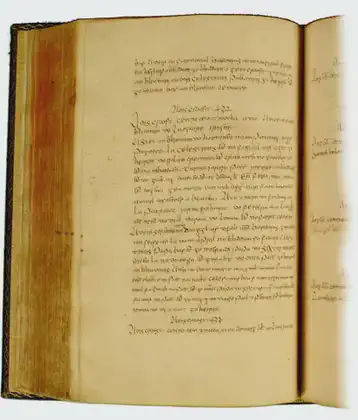On August 10, 1890 in Celtic History
Death of journalist and republican john boyle o’ reilly
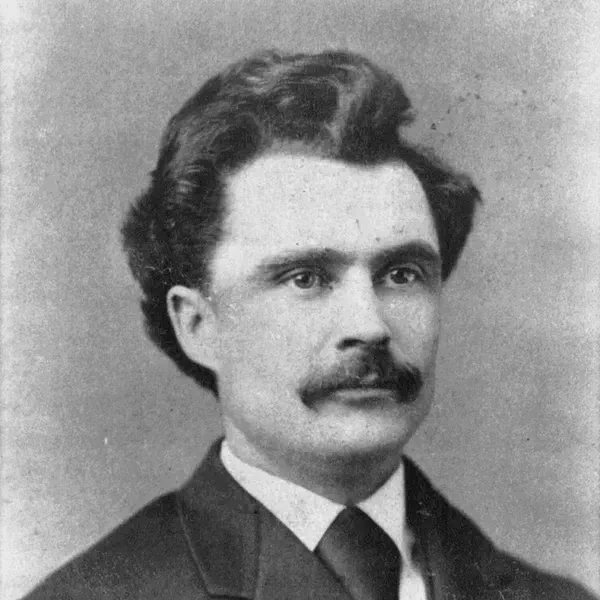
John Boyle O’Reilly, an influential journalist, poet, and Irish nationalist, passed away on August 10, 1890, in Hull, Massachusetts, USA. O’Reilly was a significant figure in both Irish and American history, known for his contributions to literature, his advocacy for Irish independence, and his role in the Irish-American community.
Early Life and Involvement in the Irish Nationalist Movement
Birth and Background: John Boyle O’Reilly was born on June 28, 1844, in Dowth, County Meath, Ireland. He was raised in a nationalist and Catholic family, which instilled in him a strong sense of Irish identity and a desire for freedom from British rule.
Fenian Involvement: As a young man, O’Reilly joined the Irish Republican Brotherhood (IRB), commonly known as the Fenians, a secret society dedicated to achieving Irish independence. He became actively involved in organizing and recruiting for the Fenian cause.
Arrest and Transportation: In 1866, O’Reilly was arrested by the British authorities for his involvement with the Fenians. He was convicted of treason and sentenced to death, though the sentence was later commuted to transportation for life to the British penal colony in Western Australia.
Escape and Life in America
Escape to America: In 1869, with the help of the American Fenian organization and other sympathizers, O’Reilly managed to escape from Australia aboard the American whaling ship Gazelle. He eventually made his way to the United States, where he settled in Boston.
Journalism and Literary Career: In Boston, O’Reilly became the editor of The Pilot, a leading Irish-American newspaper. Under his leadership, the newspaper became a powerful voice for Irish nationalism, civil rights, and social justice. O’Reilly used his platform to advocate for the rights of immigrants, African Americans, and Native Americans, as well as to promote Irish independence.
Literary Contributions: O’Reilly was also a prolific poet and writer. His works, such as the narrative poem “Moondyne” (1879), which was inspired by his experiences as a convict in Australia, and collections like Songs from the Southern Seas (1873) and In Bohemia (1886), reflect his deep commitment to justice, freedom, and the human spirit.
Advocacy and Legacy
Irish Nationalism: O’Reilly remained a committed advocate for Irish independence throughout his life. He played a key role in organizing support for the Irish cause in America and worked to unite the Irish-American community in its efforts to influence U.S. policy towards Britain and Ireland.
Humanitarian Efforts: Beyond his work for Irish independence, O’Reilly was known for his humanitarian efforts. He spoke out against injustices of all kinds, and his writing often reflected his belief in the dignity and equality of all people.
Death and Legacy
Death: John Boyle O’Reilly died suddenly on August 10, 1890, at the age of 46. His death was widely mourned in both Ireland and the United States, where he was remembered as a champion of the oppressed and a voice for justice.
Enduring Influence: O’Reilly’s legacy continues to be celebrated for his contributions to journalism, literature, and the cause of Irish independence. He is remembered as one of the most influential Irish-American figures of the 19th century, and his life story is an inspiring example of resilience, dedication, and the power of the written word.
Memorials: O’Reilly is commemorated in both Ireland and the United States. In Boston, a statue of O’Reilly stands in the Fenway neighborhood, honoring his contributions to the city and the Irish-American community. His writings continue to be read and admired for their passion, eloquence, and commitment to justice.
More From This Day

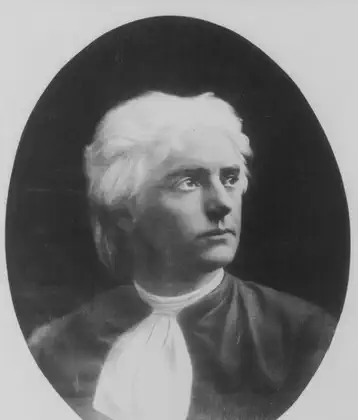
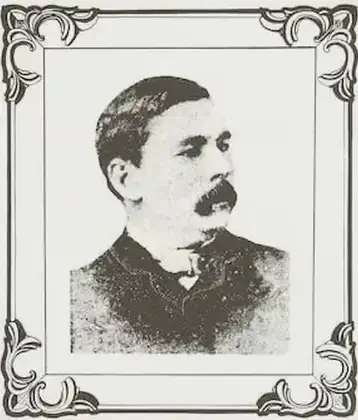
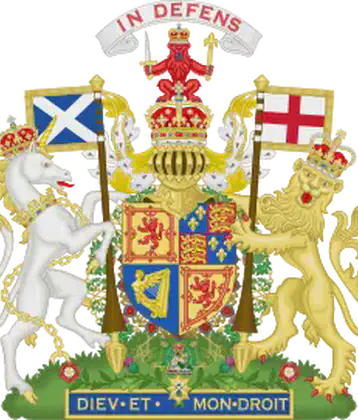
Education (Scotland) Act passed, providing elementary education for all children.
August 10, 1872




